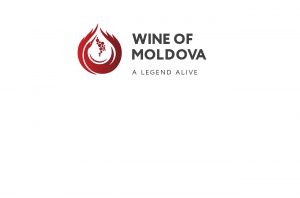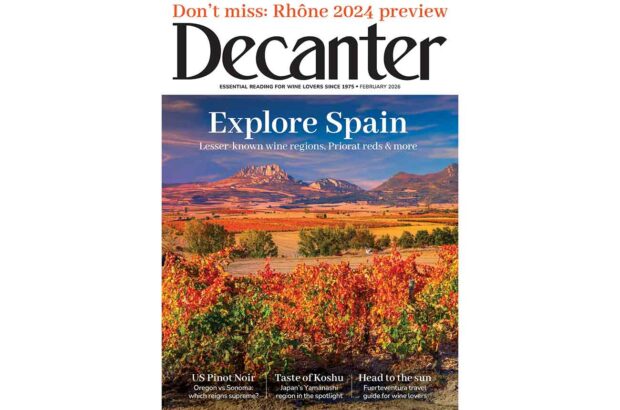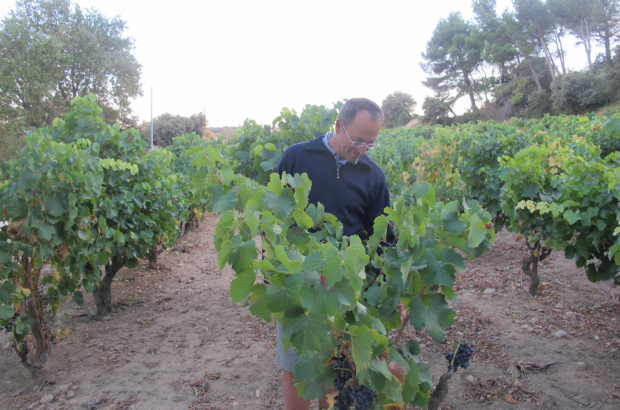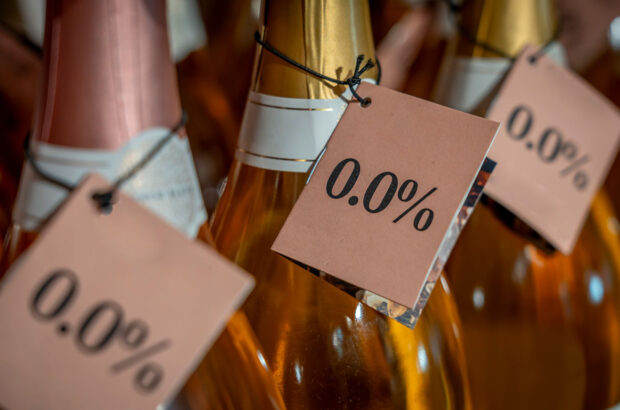In partnership with Wine of Moldova
It’s impossible to fully appreciate the wines of Moldova – and the transformation the industry has undergone in recent years – without delving into the country’s gastronomic tradition and, perhaps more importantly, its people’s natural spirit of hospitality.
Moldovan wine is itself an invitation to experience its landscape, food and extraordinarily rich culture, guided by the warm-hearted and welcoming spirit of Moldova’s people. Untouched by mass tourism, the country has placed the same focus on quality in its hospitality offering as in its wines and spirits. At the crossroads of many cultural, religious and ethnic influences, there’s a natural cosmopolitan flair to the way Moldovans receive guests and a laid-back sophistication – rooted in its long history and entrepreneurial spirit – in how the country opens itself up to visitors.
Unique experiences
Many of Moldova’s leading producers offer unique tasting and dining experiences at onsite tasting rooms and restaurants. The picturesque Château Vartely, Crama Mircești, Chateau Cojușna and Château Purcari – the oldest privately-owned estate in Moldova, founded in 1827 – are among the most traditional estates, while the stylish Et Cetera, sleek Vināria Poiana and innovative Asconi are among those shaping not only Moldova’s modern winemaking but also its contemporary architecture. The dramatic Castel Mimi also hosts workshops, concerts and festivals on its grounds. It’s also not uncommon to be invited to the producer’s own home at some of Moldova’s smallest wineries, such as Kara Gani, Gogu Winery, Tudor Winery, Tronciu Winery, Corbu Winery, Mihai Sava, Atu and Minis Terrios.
Many estates now offer boutique accommodation, allowing visitors to truly immerse themselves in the landscape that surrounds them and the ethos that guides them. In Moldova, wine is not merely a product; it is a core part of the simple yet sophisticated lifestyle that defines the country. Classic or cutting-edge, covering hundreds of hectares or just one, every Moldovan wine producer is a model of passion, commitment and eagerness to share.
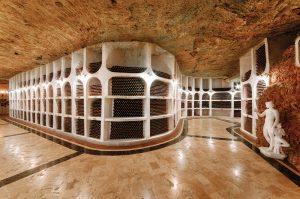
Living history
With such a long and rich history, Moldova is, unsurprisingly, home to many historical and architectural wine landmarks. Among them is Mileștii Mici, a wine estate located 21 km south of Chisinau, whose cellars hold the world’s biggest collection of bottles: 1.5 to 2 million at any given time. The collection is housed along 55 km of underground tunnels at a depth of between 30 and 80 metres in a former Soviet limestone quarry. Humidity and temperature are naturally kept stable in the limestone tunnels; the collection is therefore not only a Guinness World Record-holder but also an example of sustainable cellaring.
Equally impressive are the cellars of the state-owned Cricova winery, 18 km north of Chisinau. At a depth of 60 metres, 120 km of tunnels, also excavated from limestone bedrock, house Moldova’s second-largest collection of bottles (1.3 million), which includes priceless treasures dating back to the vintage of 1902. The underground complex dates back to the 15th century and was converted to its current purpose in the 1950s, following Cricova’s foundation in 1952.
Mileștii Mici and Cricova host an annual, unique race through its cellars, a treat for lovers of sports, wine and architecture alike. Another perfect example of how, in Moldova, past and future, tradition and innovation, history and celebration meet, with wine at their convergence.
A sense of celebration of the country’s wine industry and of its cultural and economic relevance is also at the heart of Wine Vernissage, a bi-annual wine festival, and National Wine Day, the largest wine event in southeast Europe, which attracts thousands of visitors annually.

Diverse, authentic flavours
As in other countries where wine production dates back thousands of years, Moldovan wine evolved as part of the country’s cuisine, woven into its culture and lifestyle. Whether at a winemaker’s home, at an estate’s onsite restaurant or at one of Moldova’s many enotecas, opening a bottle of wine is an opportunity to share one of the traditional national dishes: Zeamă, a chicken and noodle soup (a perfect companion for many of the country’s more structured white wines); Tocană, a meat stew, served with Mămăligă, a polenta-like side dish (ideal alongside an oak-aged Fetească Neagră or Bordeaux blend); Sarmale, rolls of cabbage or vine leaves stuffed with meat, rice and herbs; or Plăcintă, pastries with many different possible savoury and sweet fillings (the best sustenance while enjoying a glass at a wine bar).
Local cuisine reflects the biodiversity that is so important for viticulture. Moldova’s produce is rich and fresh, with seasonal salads and vegetable dishes playing an important role. And the best way to enjoy Moldova’s dessert wines is with the traditional treat of smoked plums stuffed with walnuts, from the trees that line the country’s roads.
Moldovan wine also, on the other hand, makes a perfect companion to international cuisine. With 80% of its wine exported, the wines’ affinity with foreign flavours should be no surprise. From Japanese to Scandinavian or Mediterranean restaurants, Moldovan wines can now be found in wine lists and tasting flights the world over, offering intriguing and daring pairing possibilities.



